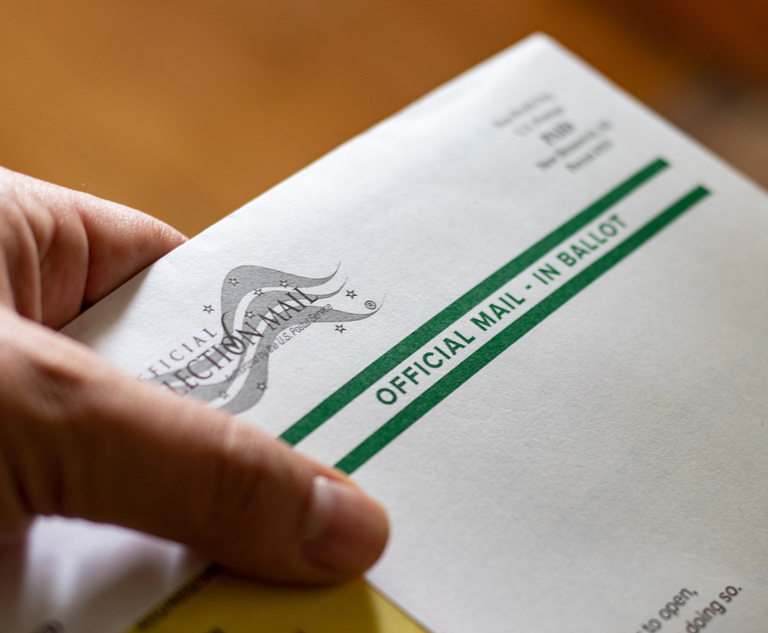In a recent poll of cybersecurity experts, when asked if “state election systems [are] sufficiently protected against cyberthreats,” 95 percent responded no. Given the seriousness of the threat, and its ability to impact the future of the United States it is worth examining what other options there are in the United States’ playbook for dealing with election interference and hacking, specifically, the scope of responses permitted under international law to deter and respond to these types of attacks.
Since the 2016 U.S. Presidential elections, the security of America’s electoral system has emerged as a central issue in the political discourse of the day. The dire state of the system’s security and the continuous barrage of malicious activity thoroughly warrant the attention the issue receives. The ever presence of this risk has led to increased action and engagement on every level of government, from providing states with hundreds of millions of dollars, to an increased dedication from federal agencies assisting states bolster their security, to states increasingly building cybersecurity into their electoral systems.


 Photo: Christian Schwier/Fotolia
Photo: Christian Schwier/Fotolia




